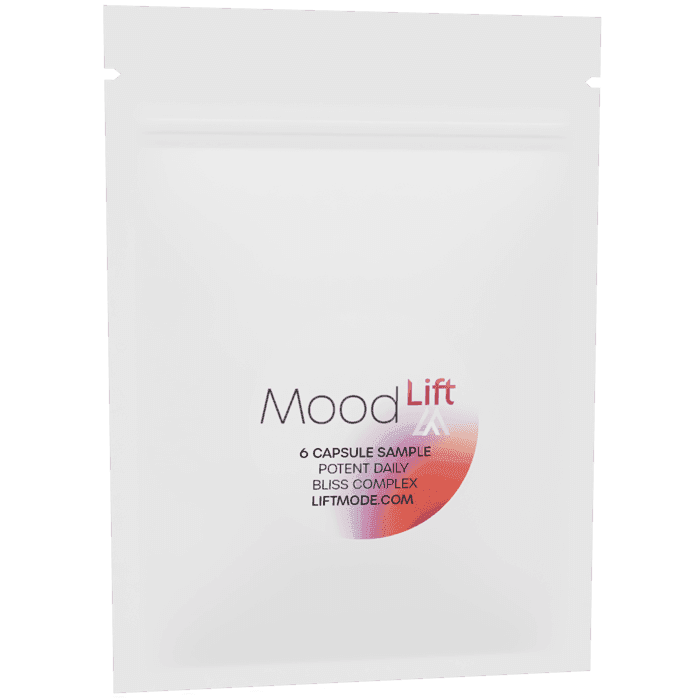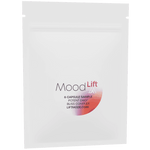-
Free from additives and fillers
-
Gluten Free
-
HPLC Lab tested
-
Non-GMO
-
Science backed
-
Vegan
Scientifically Tailored Ingredients
Levomefolic Acid Calcium Salt (bioavailable form of Folic Acid)
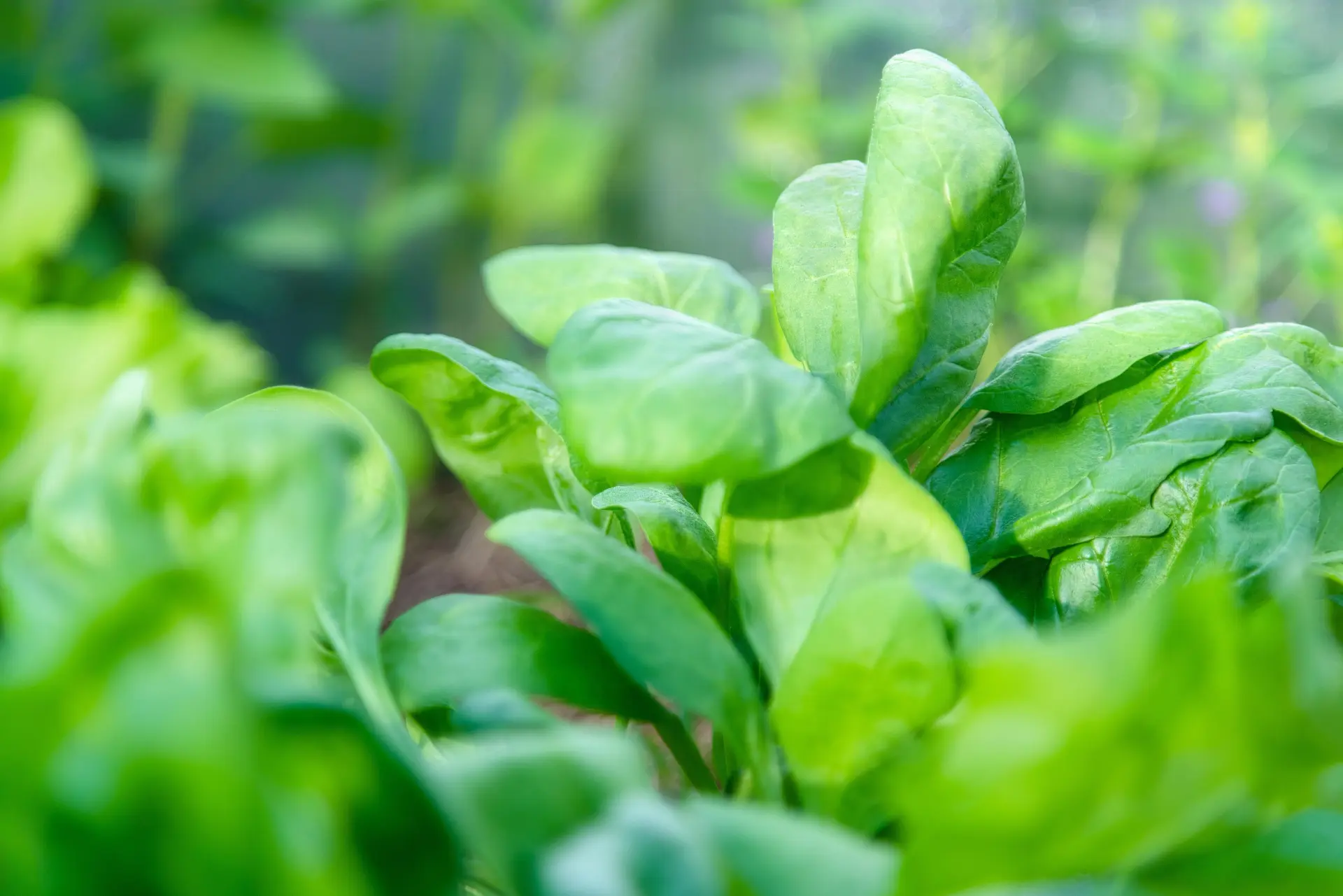
Levomefolic Acid Calcium Salt (bioavailable form of Folic Acid)
Levomefolic acid calcium salt, commonly known as L-methylfolate or 5-MTHF, is the active form of folate, a B-vitamin crucial for various bodily functions. Unlike regular folic acid, which needs to be converted into its active form (5-MTHF) by the body before it can be utilized, levomefolic acid is already in its bioavailable form, ensuring superior absorption and utilization. Involved in various bodily functions, such as aiding in DNA synthesis, neurotransmitter production (such as serotonin, dopamine, and norepinephrine), and regulating homocysteine levels, levomefolic acid may help to support to improved energy, enhanced cognition, better mood stability, and overall mental wellness.
Pyridoxal 5 Phosphate (bioavailable form of vitamin B6)

Pyridoxal 5 Phosphate (bioavailable form of vitamin B6)
Pyridoxal 5-phosphate (PLP) is the active form of vitamin B6 and plays a crucial role in various physiological processes in the body. Unlike regular vitamin B6 (pyridoxine), PLP does not require additional conversion in the body, making it readily usable and easily absorbed. Its bioavailability contributes significantly to supporting enzymatic reactions involved in metabolism, neurotransmitter synthesis (like serotonin and dopamine), and the regulation of amino acids. PLP's presence is vital for energy metabolism, aiding in the breakdown of carbohydrates, fats, and proteins, which helps sustain energy levels. Moreover, it supports cognitive function, nervous system health, and contributes to overall well-being by facilitating various biochemical reactions essential for optimal health.
Vitamin B12
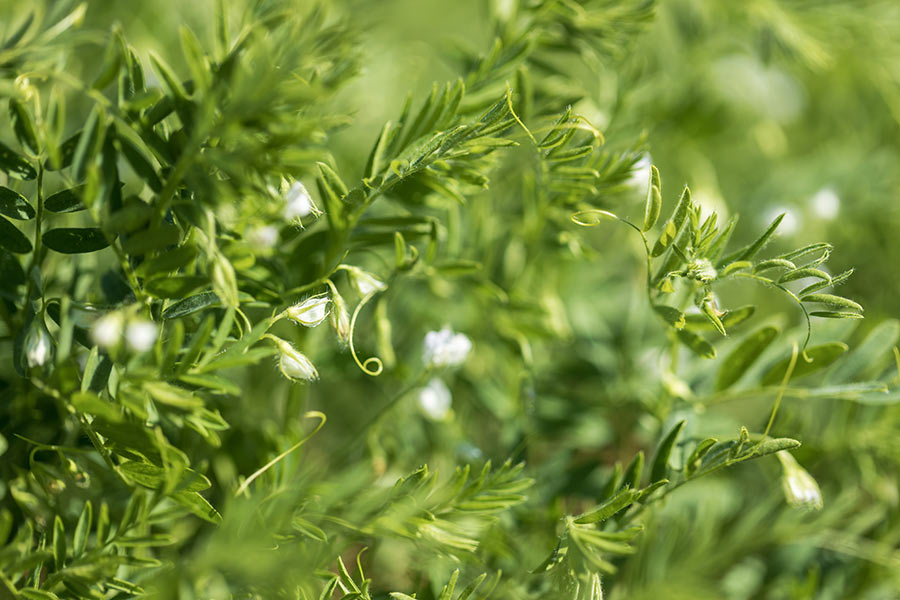
Vitamin B12
Vitamin B12, also known as cobalamin, is a water soluble vitamin that plays an essential role in growth and development, the production of red blood cells (essential for optimal energy levels), immune function and improved memory. Vitamin B12 is found exclusively in foods of animal origin. Individuals following a vegetarian diet are therefore at an increased risk for dietary vitamin B12 deficiency.. - Enhances Energy - Supports Healthy Immune Function - Boosts Memory
Arctic Root Extract [≥5% Rosavins, ≥2% Salidroside] (Rhodiola rosea)
![Arctic Root Extract [≥5% Rosavins, ≥2% Salidroside] (Rhodiola rosea)](http://liftmode.com/cdn/shop/files/arctic_root.png?v=1729292157)
Arctic Root Extract [≥5% Rosavins, ≥2% Salidroside] (Rhodiola rosea)
Rhodiola rosea is an herbal extract used as an ingredient in dietary supplement products. It is said to prevent stress and fatigue, while also acting as a powerful antioxidant and to improve cognitive performance. - Balances Stress - Boosts Cognition - Powerful Antioxidant
Berberine HCl
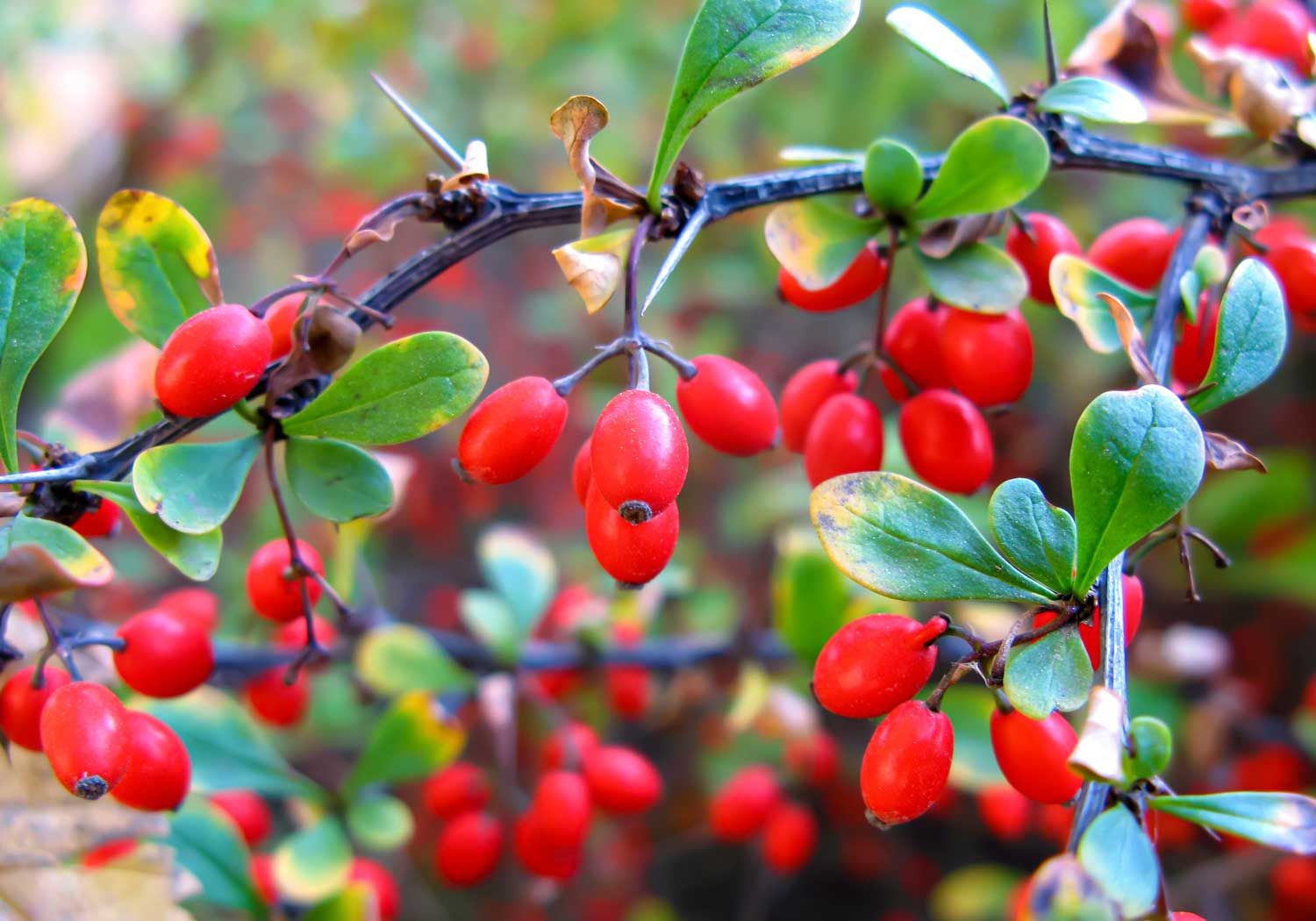
Berberine HCl
Berberine is a compound that can be extracted from a number of herbs and plants. It has a history of use in traditional Chinese medicine and was once used as a treatment for diarrhea. Berberine is a highly effective dietary supplement with a number of remarkable health benefits. * Promotes a Healthy Circulatory System * Supports Strong Metabolism
7,8-Dihydroflavone
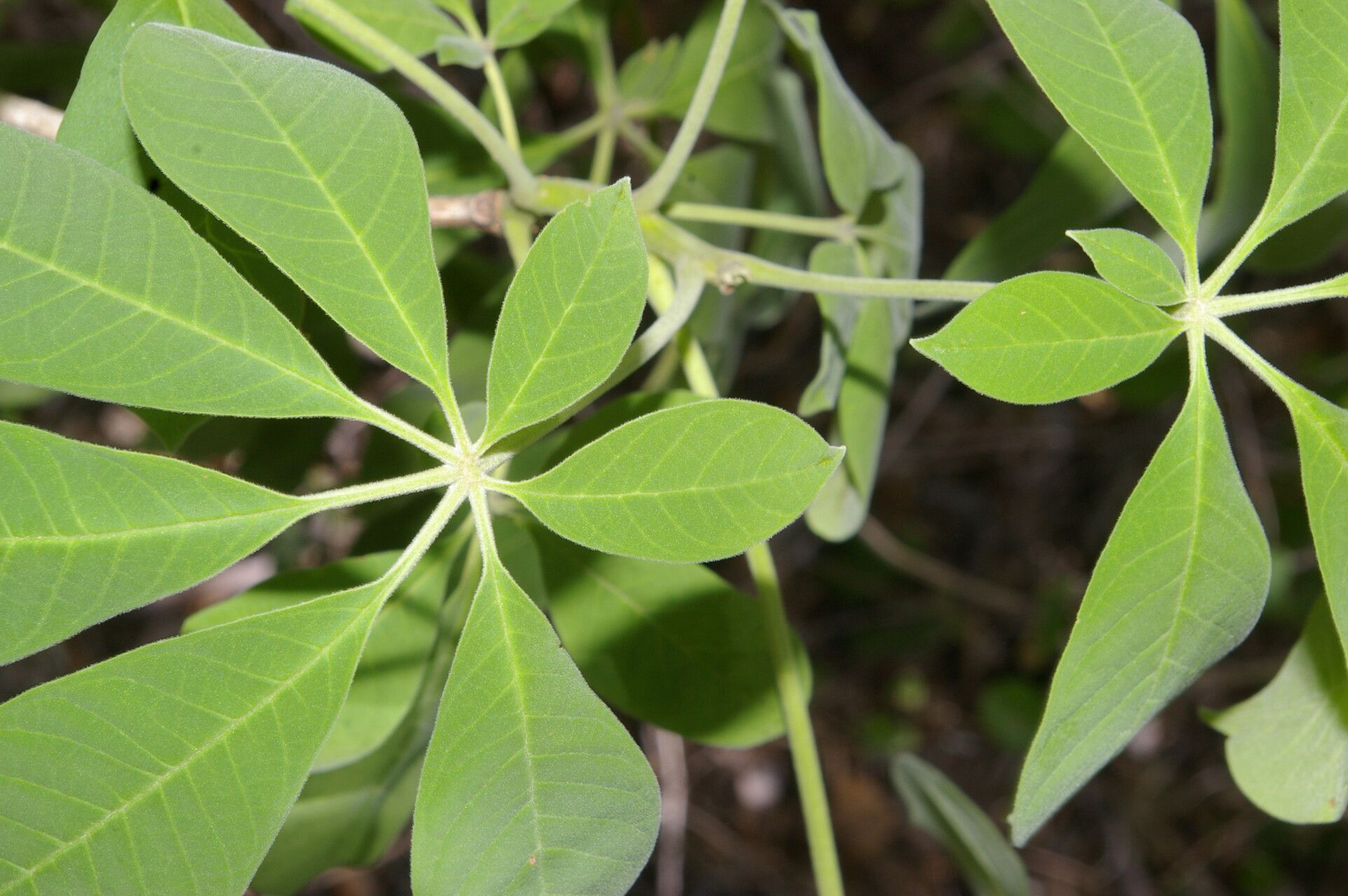
7,8-Dihydroflavone
7,8-DHF (7,8-Dihydroxyflavone) is a naturally occurring flavonoid with possible cognition-enhancing properties. Its recent discovery has spurred research into its unique properties. By enhancing TrkB expression, 7,8-DHF may help to increase the rate new synapses are formed, thus enhancing learning. Some researchers hypothesize that 7,8-DHF does not bind TrkB directly, but instead acts on an unknown pathway that results in the same end result--increased TrkB activity. 7,8-DHF is believed to have a similar degree of neurogenic activities as BDNF. On top of its effects on neurogenesis, 7,8-DHF is also neuroprotective. It has antioxidant properties in the brain that are independent of its TrkB activity. While these mechanisms are not understood, it is believed to activate the Akt/PKB pathway. * Supports Healthy Memory and Focus * May Promote Adult Neurogenesis * Neuroprotective and Antioxidant
Sinomenium accutum Stem Extract
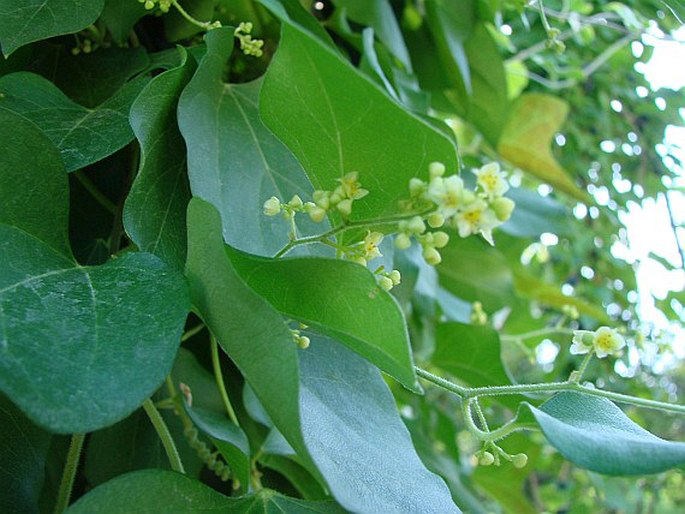
Sinomenium accutum Stem Extract
Sinomenine is the active compound in the roots of the *Sinomenium acutum* plant. As a herbal extract, Sinomenium acutum has been used traditionally for its neuroprotective properties. Research suggests it assists in increasing the influx of chloride into the cells of the hypothalamus – a small part of the brain that plays an important role in energy maintenance and in stress control. - Mood Lifting - Potent Neuroprotective Properties - Supports Immune Function
Peony Root Extract
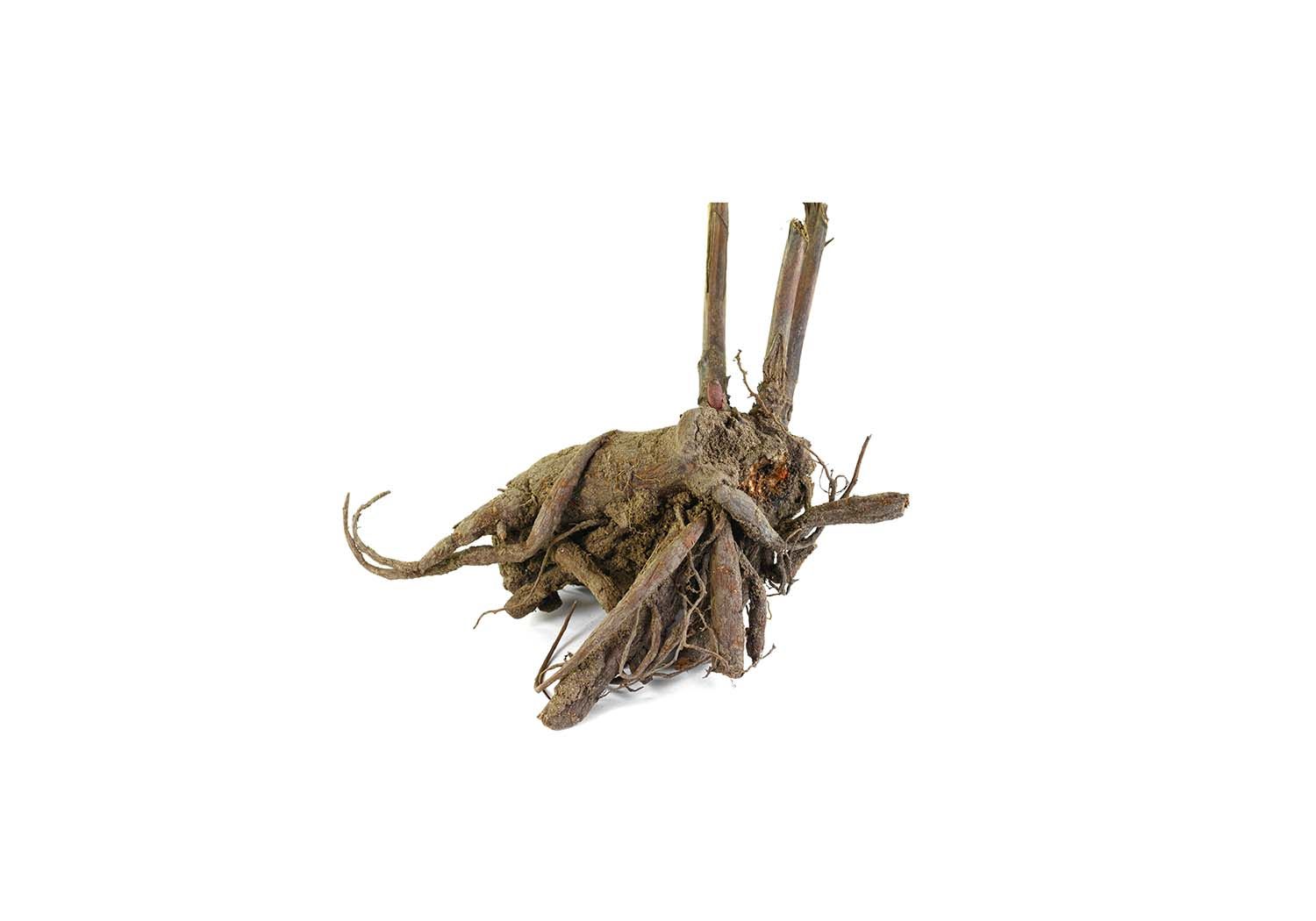
Peony Root Extract
Peony root, also known as *Paeonia lactiflora Pall*, is a flowering plant known for its stress reducing and mood boosting properties. Research suggests that Peony Root extract supports a positive mood by reducing the expression of serotonin transporter (SERT) – a protein that binds to serotonin so it can be broken down and recycled. Inhibiting SERT prevents this process, which increases serotonin levels, thus producing a mild mood-enhancing effect. - Boosts Serotonin Levels - Supports a Positive Mood - Antioxidant Properties
Baicalein
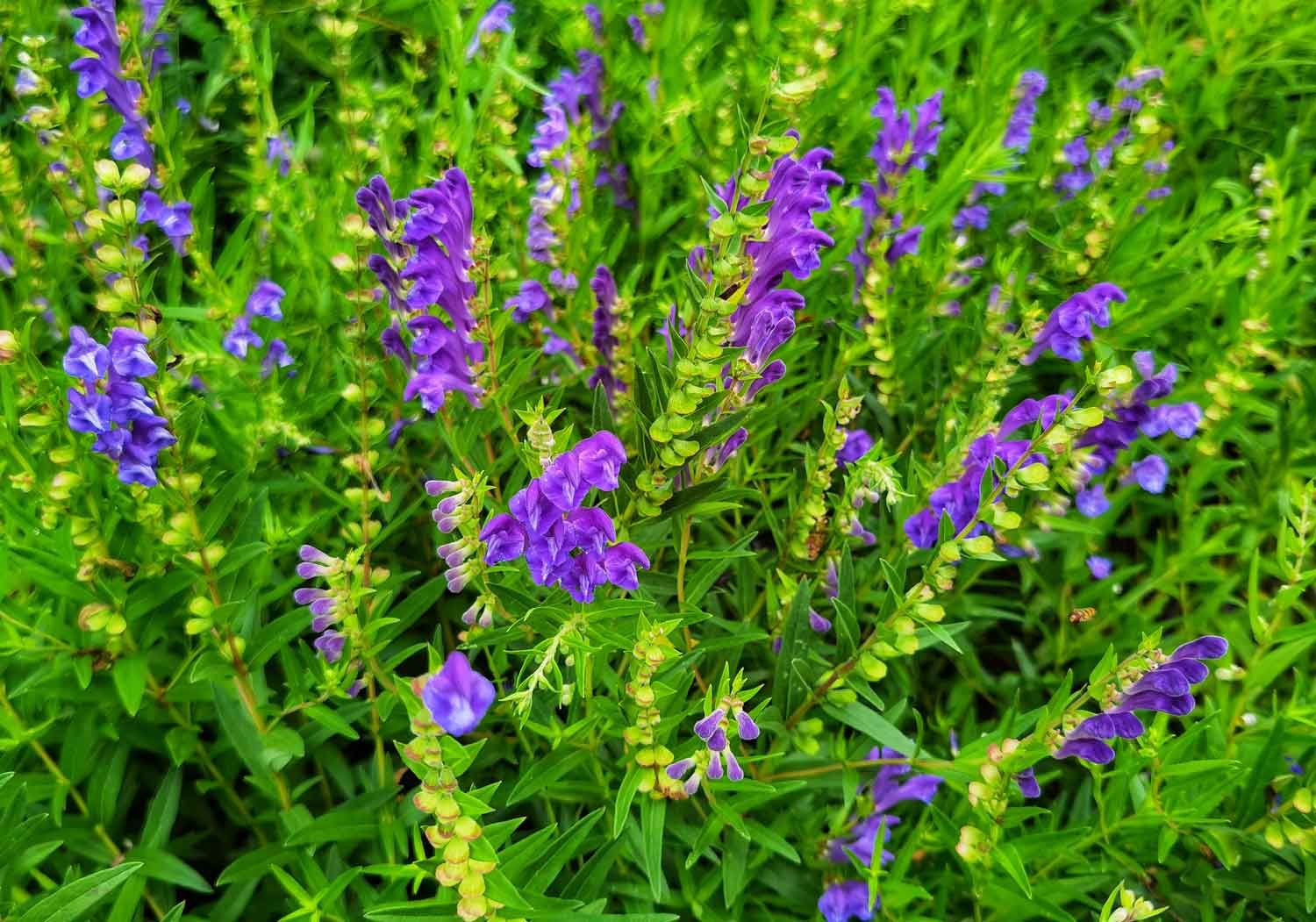
Baicalein
Baicalein is the primary active component from the Blue Skullcap plant (also known as Baikal Skullcap). • Calming and Stress-Reducing • Antioxidant and Immune Support • 5 - 10x Bioavailability Compared to Baicalin
Benfotiamine
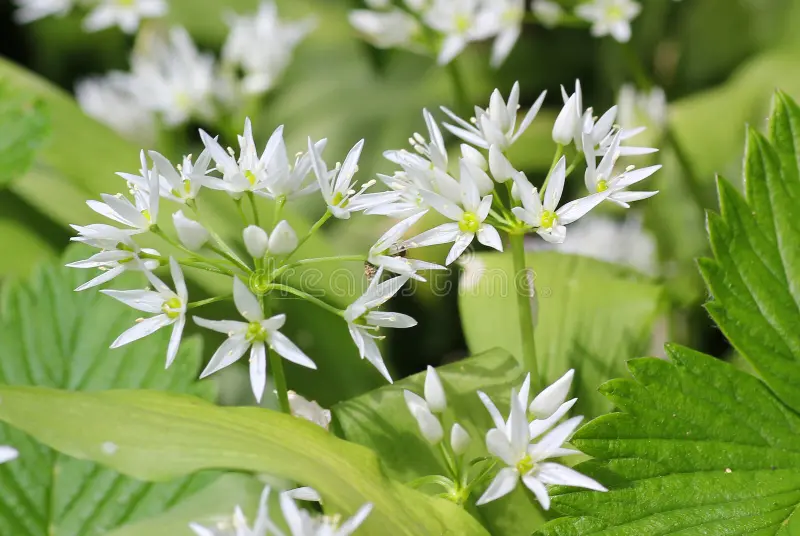
Benfotiamine
Benfotiamine is a synthetic form on the vitamin Thiamine (vitamin B1). Once absorbed, Thiamin gets converted into the active form. Research suggests that Thiamin plays an important role in helping our bodies turn food, especially carbohydrates into energy. Due to its essential role in providing our bodies cells with energy, it plays a key role in nerve, muscle, and heart function. - Facilities Energy Metabolism - Boosts Energy Levels - Supports Healthy Nerve Function
5-HTP
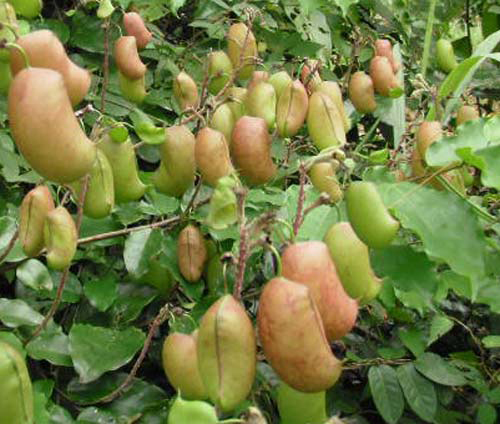
5-HTP
5-HTP (5-hydroxytryptophan) is an amino acid precursor to the neurotransmitter serotonin. It has been said to support positive mood, reduce cravings, and promote healthy sleep. 5-HTP is made from tryptophan in the body, or can be taken as a supplement. 5-HTP supplement is made from extracts of the seeds of the African tree Griffonia simplicifolia. 5-HTP can also be found in many multivitamin and herbal preparations. Some people believe that 5-HTP may help certain aspects of health, including mental health, fatigue, stiffness, anxiety, and weight loss.
Magnolol

Magnolol
Magnolol is compound found in *Magnolia officinalis* (also known as Magnolia Bark) and is known to be a powerful antioxidant. In addition to protecting cells from potentially harmful free radicals, Magnolol can also be used to promote respiratory health. - Improves Brain Health - Promotes Relaxation - Powerful Immune Support
Gotu Kola Extract
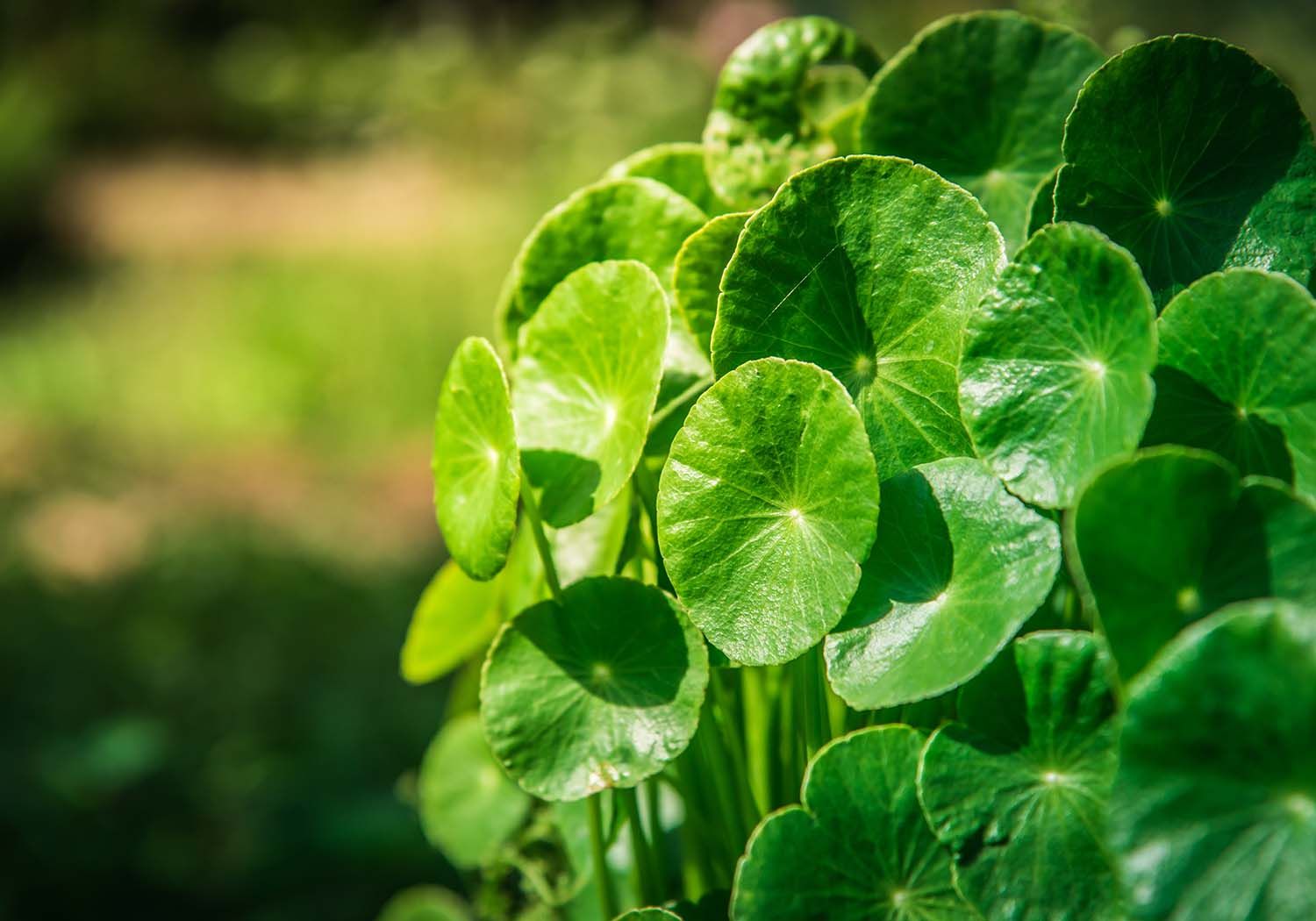
Gotu Kola Extract
Gotu Kola (Centella asiatica) is a perennial found in marshes throughout most of Asia. The primary active components of Gotu Kola are triterpenoid saponins Asiaticoside, Asiaticoside B, and Madecassoside, which have potent mood lifting, relaxing, and soothing, irritation-easing effects on both the mind and the body. Traditionally, Gotu Kola is used for stress and mood, but recent studies indicate the triterpenoid saponins may have a more complex role than expected. Gotu Kola increases cerebral GABA levels, which is the primary inhibitory neurotransmitter. The saponins have been shown to increase serotonin, dopamine and norepinephrine levels in the brain. Gotu Kola may also have long-term benefits. The saponins and their metabolites are believed to promote neurogenesis by enhancing expression of BDNF (Brain Derived Neurotrophic Factor) and NGF (Nerve Growth Factor) which may promote learning as well as mood. - Promotes Mental Clarity - Calming and Stress Relief - Neuroprotective Benefits
Oroxylin A
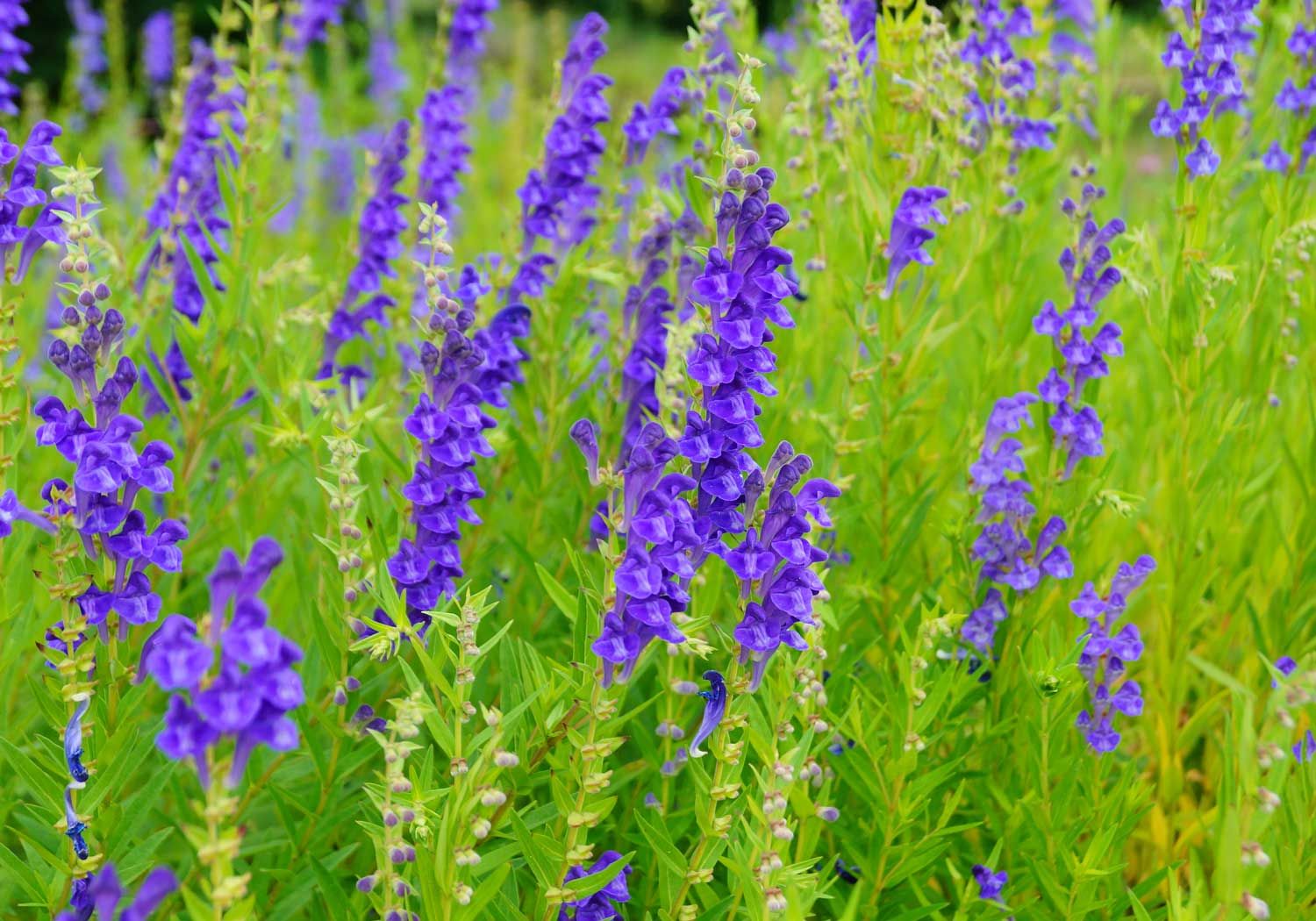
Oroxylin A
Oroxylin A is a unique and cutting-edge plant compound, and of the primary flavonoids of *Scutellaria baicalensis* (Blue Skullcap). Flavones are active compounds known primarily for their antioxidant properties. The flavonoid compound Oroxylin A, is recognized today for its therapeutic effects in improving symptoms of stress, enhancing catecholamine production, and supporting memory. - Boosts Levels of Catecholamines Dopamine and Norepinephrine - Antioxidant Properties - Unique and Cutting-Edge Plant Extract
Triacetyluridine (TAU)
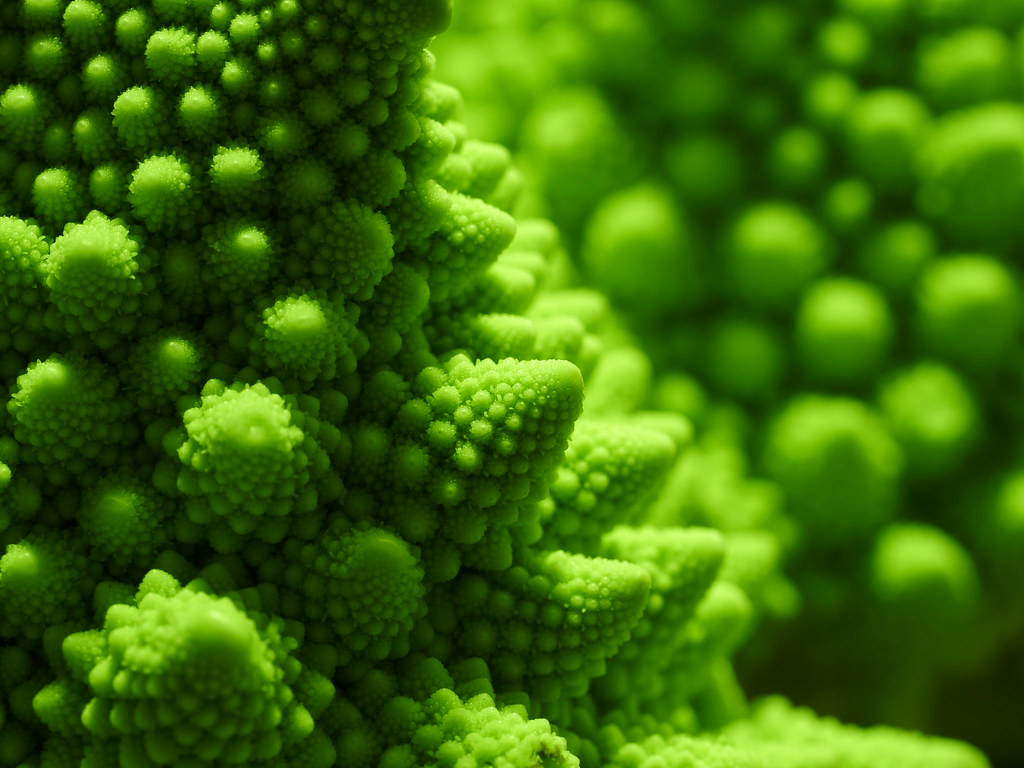
Triacetyluridine (TAU)
Triacetyluridine is a naturally-occurring compound and precursor to the nucleoside Uridine (pictured to the left). Uridine plays an important role in cellular signaling, and supports both CDP-Choline and dopamine levels in the brain. For this reason, Triacetyluridine is becoming a sought after dietary supplement for its perceived effect in boosting cognitive function, memory and mood. - Promotes Healthy Memory and Cognition - Potent Neuroprotective Benefits - Supports a Positive Mood
Tetrahydroharmine (THH)
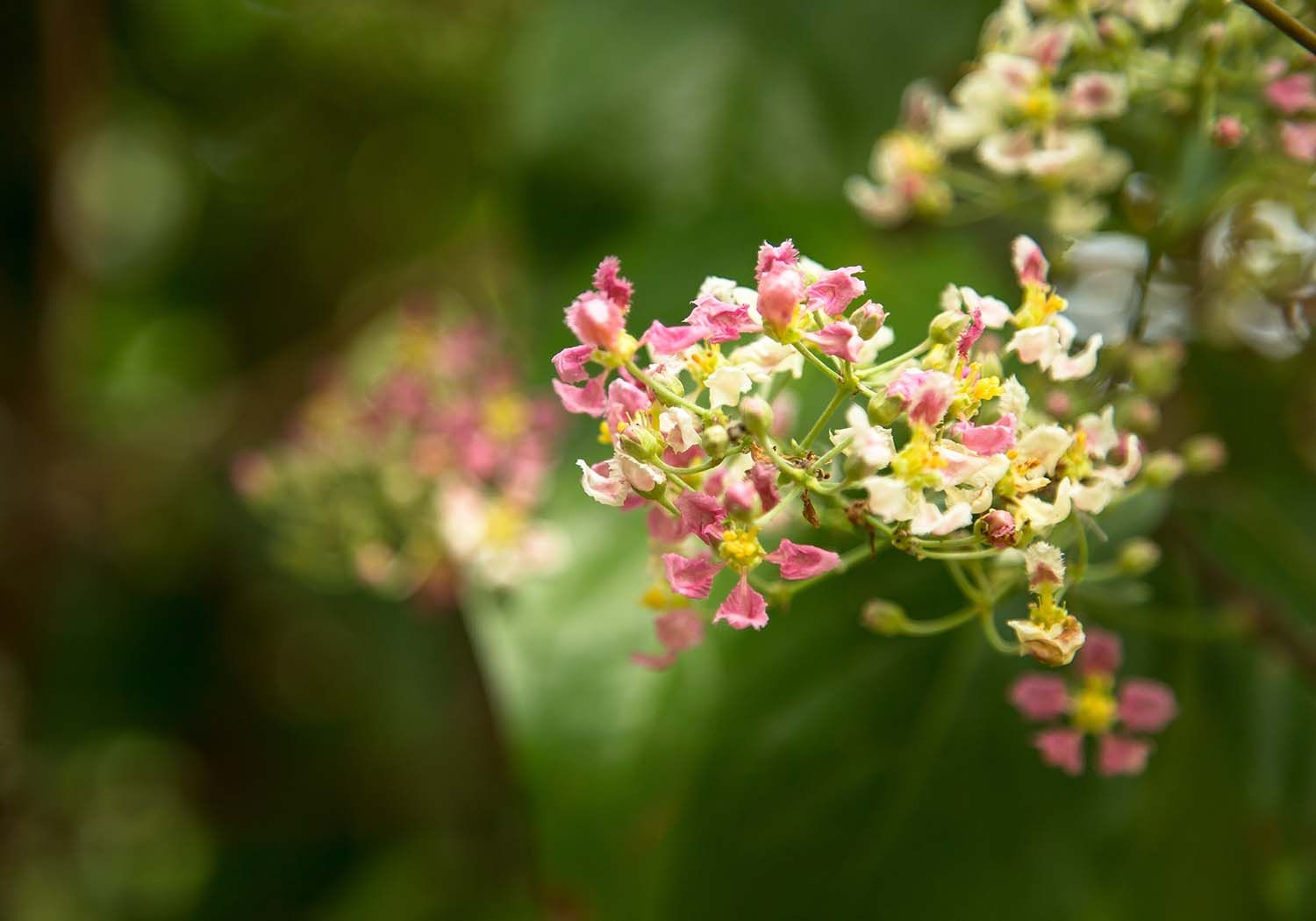
Tetrahydroharmine (THH)
Tetrahydroharmine (THH) is one of a family of β-carboline (indole-related) harmala alkaloids, found in the Banisteriopsis caapi (yagé, or ayahuasca) vine and related species, as well as in Peganum harmala (which lends these alkaloids their "harmala alkaloid" nomenclature). Scientific research has revealed that (±)-Tetrahydroharmine functions as a mild serotonin reuptake inhibitor, and one isomer may also have gentle weak reversible MAOI activity (much less potent than that of Harmaline or Harmine), allowing for synergies with other natural phytochemicals that may be deactivated by MAO, including indole derivatives. In addition, THH has nootropic potential. Studies suggest that the neuroprotective β-carboline harmala alkaloids from the Banisteriopsis caapi vine, including THH, uniquely promote adult neurogenesis. The combination of bioactivities in THH may help support healthy serotonin levels and promote a positive and open mood. - Supports Healthy Mood - Helps Manage Stress - Powerful Neuroprotective
Kanna Extract

Kanna Extract
Kanna is a succulent plant within the *Aizoaceae* family and has been used for its mood-enhancing properties by humans in South Africa since the Stone Age. *Sceletium tortuosum* based products include a wide variety of different extracts. LiftMode's Kanna extract based products are produced with one of the most potent and high-quality Kanna extracts available. Kanna extracts are reputed to produce tranquil yet cheerful states of mind while acting as a mild stress-reducing SRI (serotonin reuptake inhibitor). Kanna extracts have also been known to enhance cognitive function and reduce nicotine cravings. - Boosts Mood - Reduces Stress - Promotes Tranquility
Piperine (Black Pepper Extract)
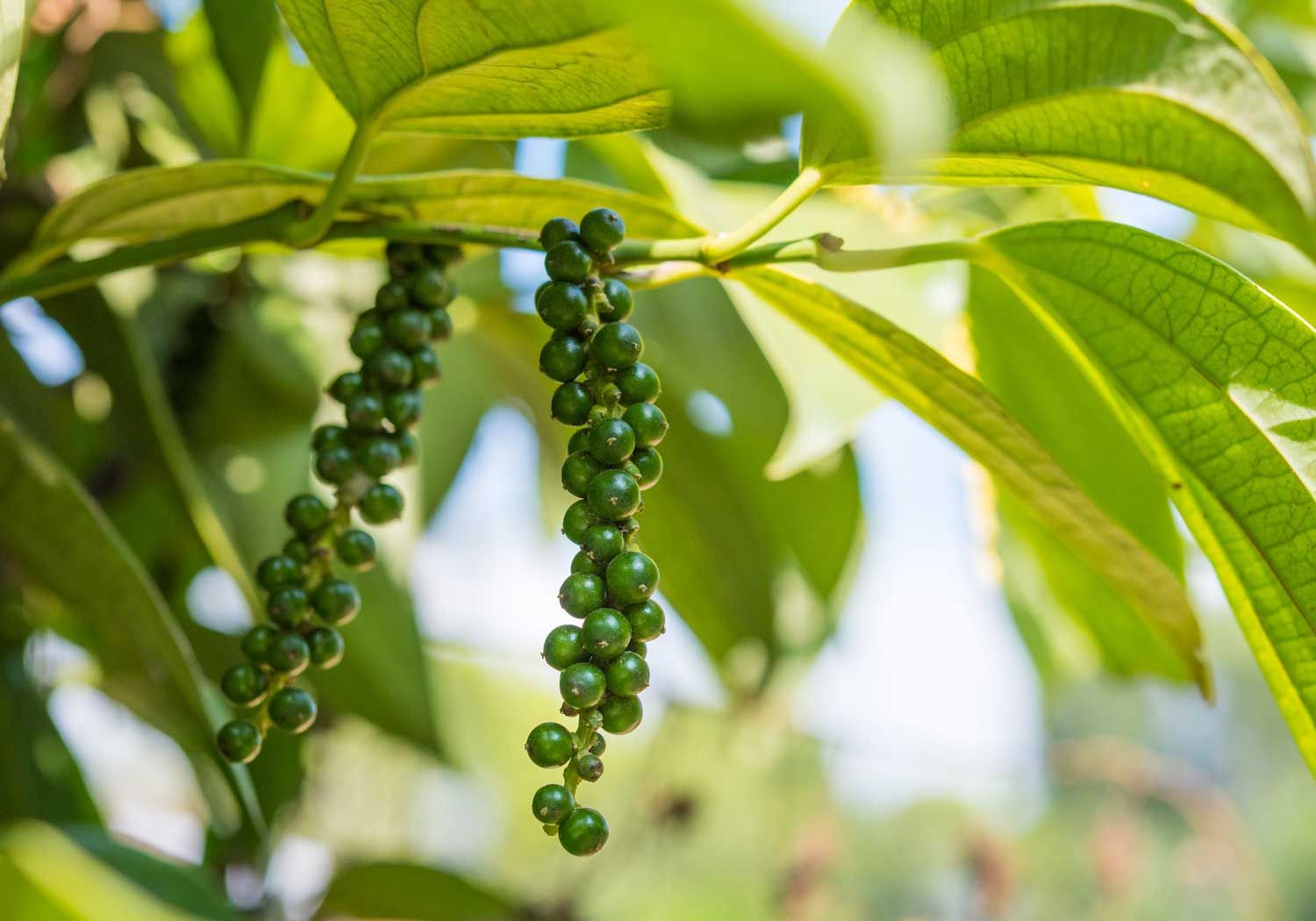
Piperine (Black Pepper Extract)
Piperine is an alkaloid extracted from black pepper and is typically used for its ability to inhibit the process of glucuronidation. This allows for significantly increased absorption of many types of dietary supplements. - Antioxidant Effects - Slows the Degradation of Polyphenols - Improves Ingredient Bioavailability
Collapsible content
References
References
